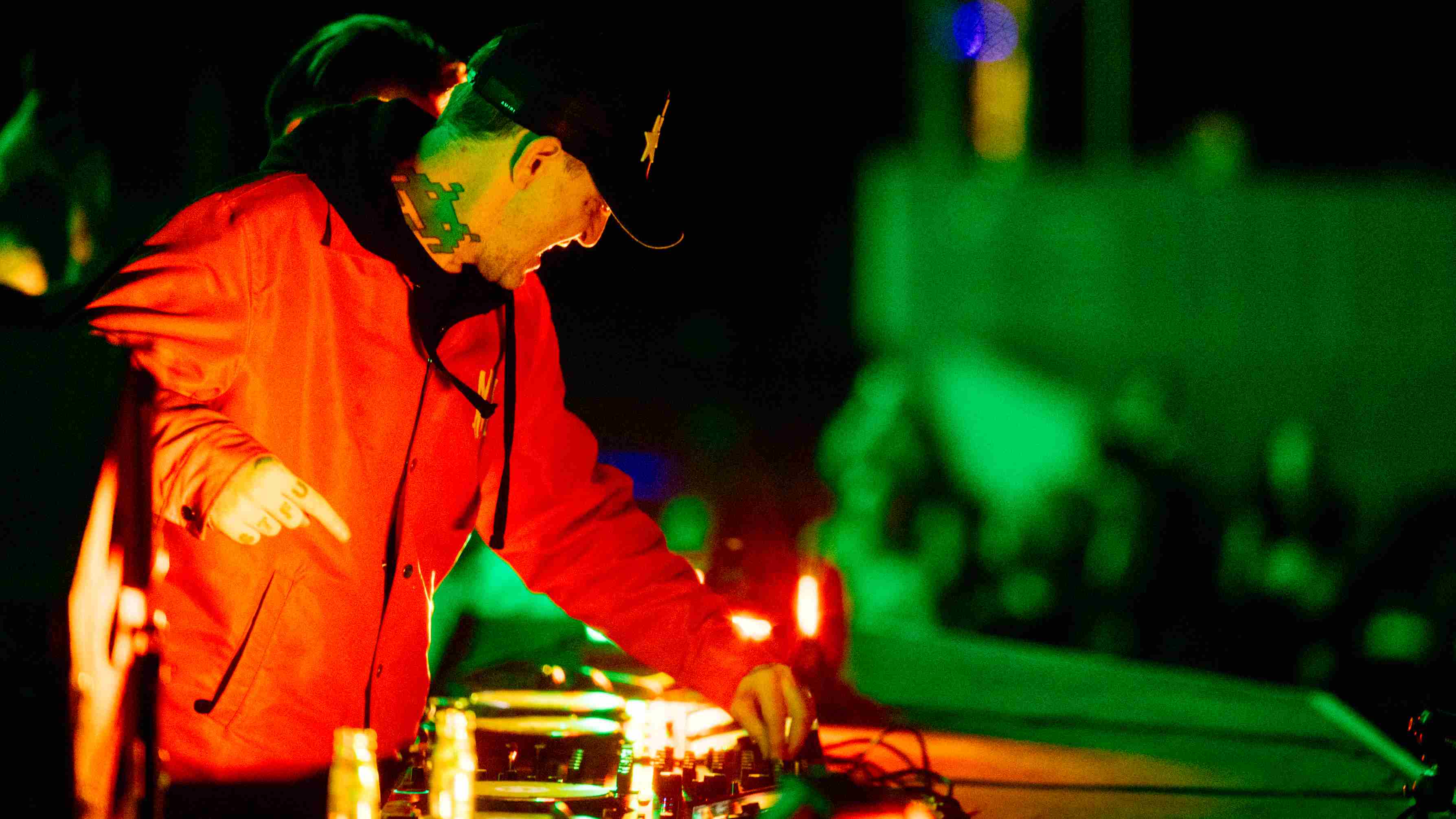How to build a studio career: Real World tips
What are the best ways to get your foot in the door, and what are the top studios looking for?
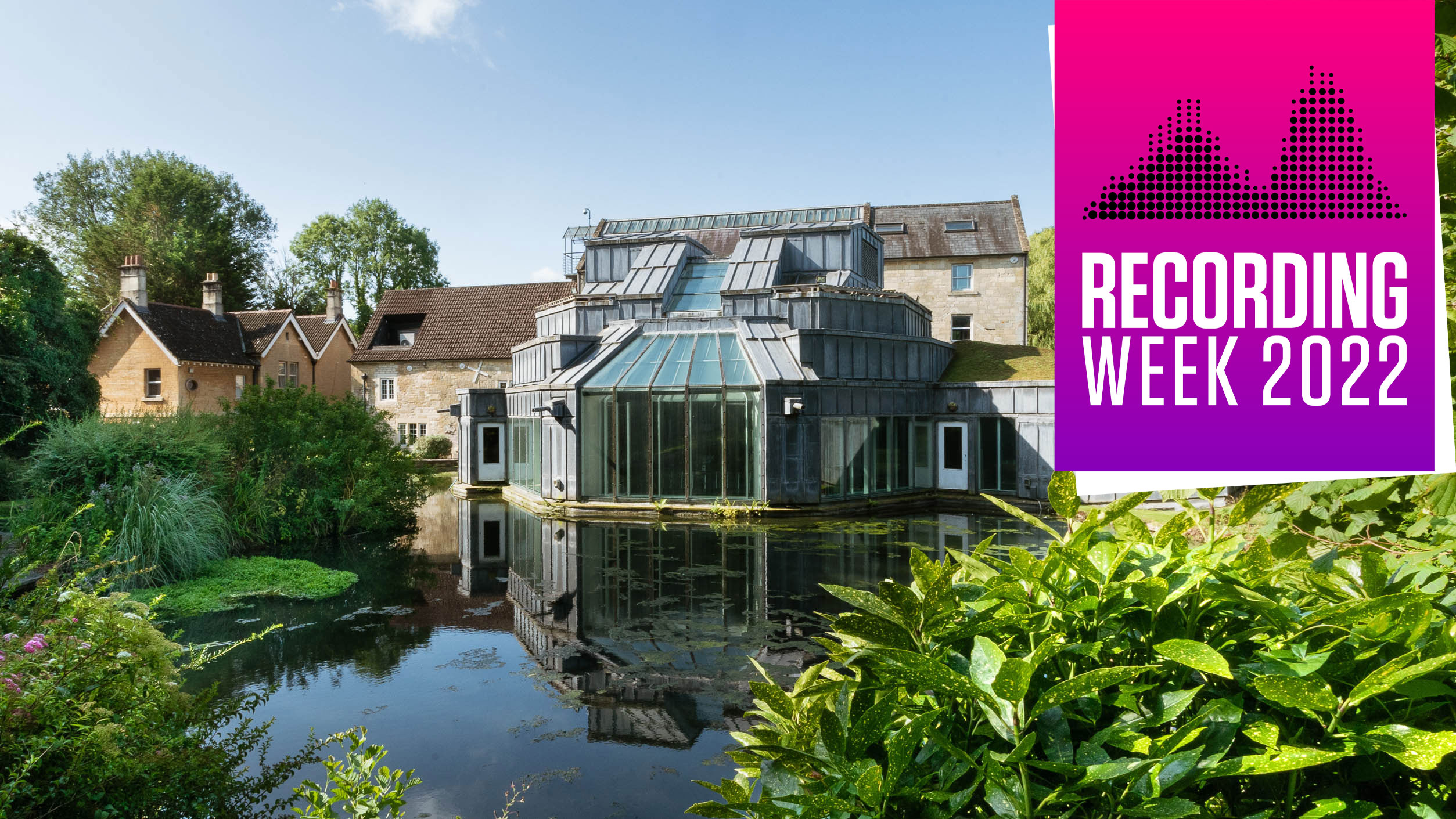
RECORDING WEEK 2022: Working in a recording studio and seeing top flight musicians hone their craft has to be one of the most enjoyable jobs out there, but it's also an incredibly tough career to forge, right?
And aren't recording studios closing left right and centre? Wrong and wrong again. Many studios are now enjoying renewed success, and there are jobs to be had and careers to be made. Here's how…
The days of building a successful studio career by writing a hundred letters to land a role making tea and then hopefully work your way up to be a top-flight engineer or producer are probably over.
“I think people are also again realising that studios offer major advantages over working in a bedroom”
Oli Jacobs, Real World Studios
Recording studios have decreased in numbers thanks to decreased revenue from music sales, and also from increased competition from the bedroom producer and project studio, and now only big studios like Abbey Road in London have tiered roles through which you can climb the recording ladder. So is a studio career still a viable option? Thankfully, yes!
It's really not all doom and gloom for the recording studio. Some are finding that bookings are back up as music streaming services start to yield returns for both artists and record companies, and others have become more flexible in the services they offer, with special public events, intimate VIP gigs and recording weekends now becoming popular and viable additions to recording music.
“I think people are also again realising that studios offer major advantages over working in a bedroom,” so says Oli Jacobs, Head Engineer at Peter Gabriel's Real World Studios.
“It's not just in terms of sonics, gear and staff but working in a studio brings a higher level of focus, especially at a residential studio such as Real World where everything else is taken care of (food, accommodation, laundry, even tea), the only thing that you need to do is make records. No excuses!”
Get the MusicRadar Newsletter
Want all the hottest music and gear news, reviews, deals, features and more, direct to your inbox? Sign up here.
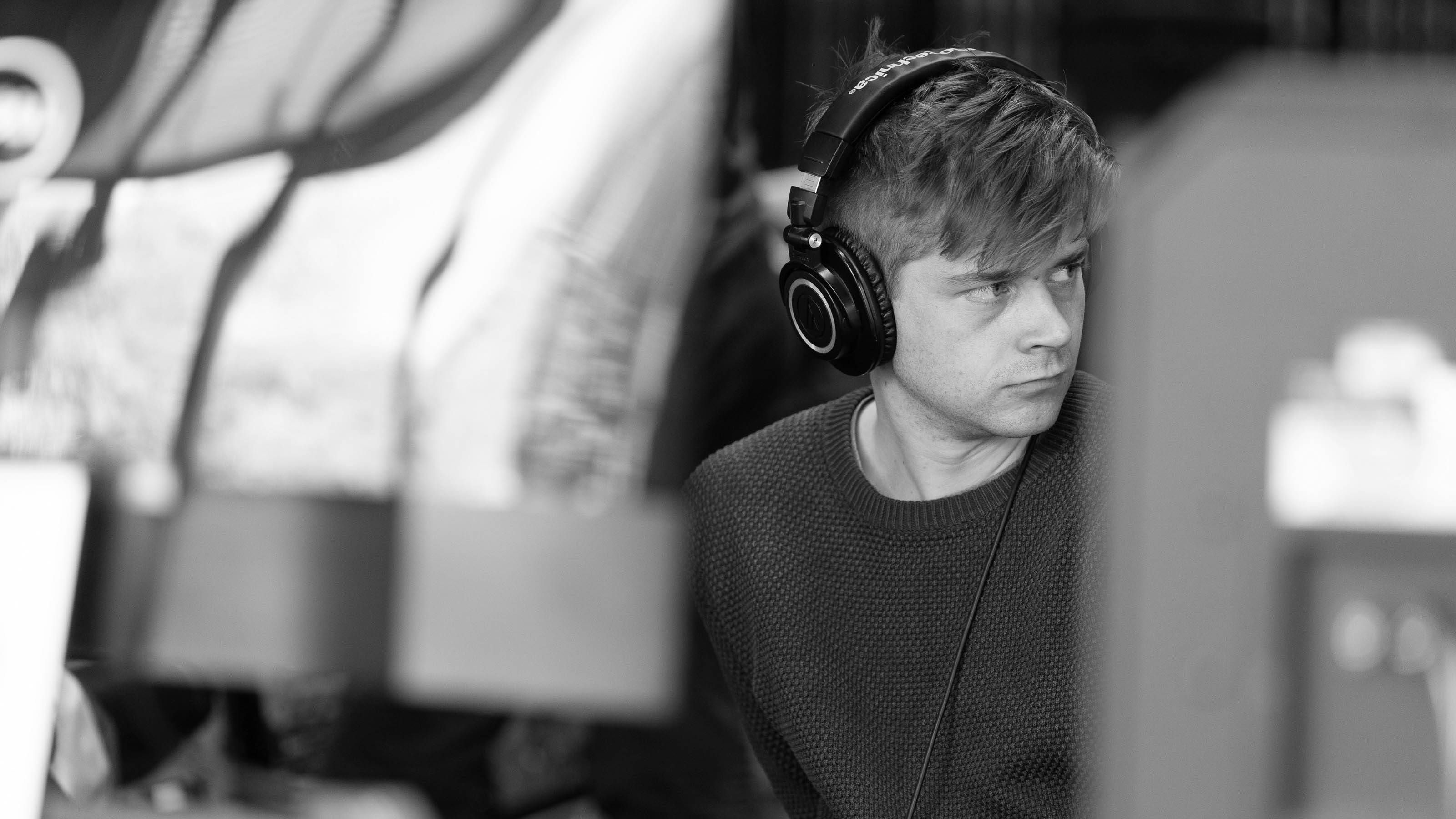
The college route
“Make the most of every minute you have in studio time and practical classes. Develop your ideas, experiment with sounds and work with as many artists as you can, so you can build up a show-reel.
Tim Oliver, Senior Consulting Engineer
Oli's successful career is also, in part, thanks to a relatively new route into recording, by way a college course, of which there are now hundreds of different options available. These don't guarantee you a studio career by any means, but can help you get through the door.
The Music and Recording Tonmeister course at Surrey University is the best example as it has a studio placement year where students work in a recording studio for a real world experience. And in Oli's case, it led to just that.
“My placement year was spent assisting Peter Gabriel’s engineer, Dickie Chappell at Real World. Then, as I was finishing up at Surrey, I was very lucky that a full-time job was opening up at the studio working as the number 2 in-house engineer under the extremely talented Patrick Phillips. The best way to get a studio job is still through the Tonmeister course; it’s not the only way, but it’s a well-trodden path.”
And the alternatives? “Find another reputable course such as Falmouth or Bath Spa,” advises Real World's Senior Consulting Engineer Tim Oliver, who has worked with New Order, Stone Roses, Robert Plant and Sinead O’Connor amongst many others.
He adds: “Make the most of every minute you have in studio time and practical classes. Develop your ideas, experiment with sounds and work with as many artists as you can, so you can build up a show-reel. Only then can you confidently approach studios and try to get to know the team and ingratiate yourself with them.”
The show reel/portfolio advice is solid. The majority of the recording engineers we have spoken to started out in bands and ended up recording them, realising they enjoyed life behind the microphone rather than in front of it.
If you are just starting out, many bands will appreciate someone helping them out in the studio or recording them at a live gig, and this is a superb way to gain a portfolio of recorded work. It's also a fantastic way to get experience of the gear used, recording studios, live performances and generally just dealing with people. In fact getting on with people is another key skill.
Oli: “The team of engineers here at Real World are humble, they love music, they value their craft but above all they really care about the studio and the artists that come through, wanting everyone to have an amazing time.”
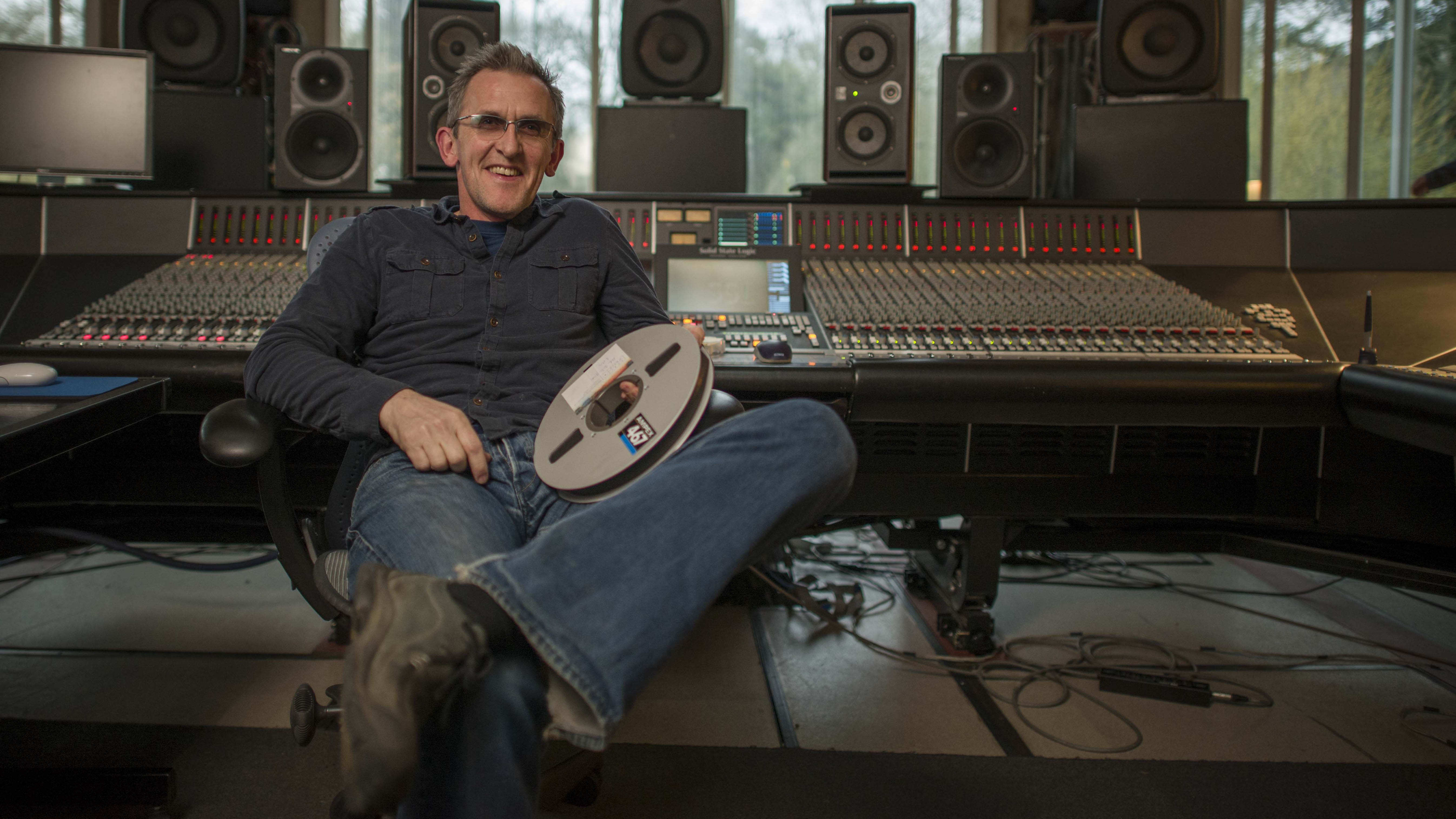
Studios normally aren’t looking for engineers who can’t wait to be producers or see themselves as artists. They want people who love the technical side and aren’t afraid to get their hands dirty.
Oli Jacobs, Head Engineer, Real World
Expect little reward… in cash anyway
Another key point that comes across in countless studio interviews, is that no-one is doing this for the money. “I think you have to be fully committed, single-minded and do it entirely for the music as art and with no consideration for the monetary return,” Tim agrees.
“What you also have today are many more learning resources from magazines and Youtube, and the accessibility of cheap recording set ups to develop your own sound and techniques. Take a leaf out of Finn Eilish’s book.”
Oli adds some other wise words of advice: essentially to be a bit different: “Find a way to be better than the next person or have a skill that others don’t. For example, lots of people can use mixing consoles and DAWs but if you’re also great at fixing things, building websites or accounting then you could bring more to that company than the other person you’re competing with for a job.
"It sounds backwards, but studios normally aren’t looking for engineers who can’t wait to be producers or see themselves as artists. They want people who love the technical side and aren’t afraid to get their hands dirty.”
This is great advice, especially in a climate where studios are offering event facilities and increasingly opening their doors to the public. And being open to this level of flexibility is important if you want to become a freelance engineer – that is one not tied to a particular studio.
It's a more precarious existence than having a full-time job, but one that can be particularly rewarding as you are more your own boss and can choose different studios for different recording scenarios.
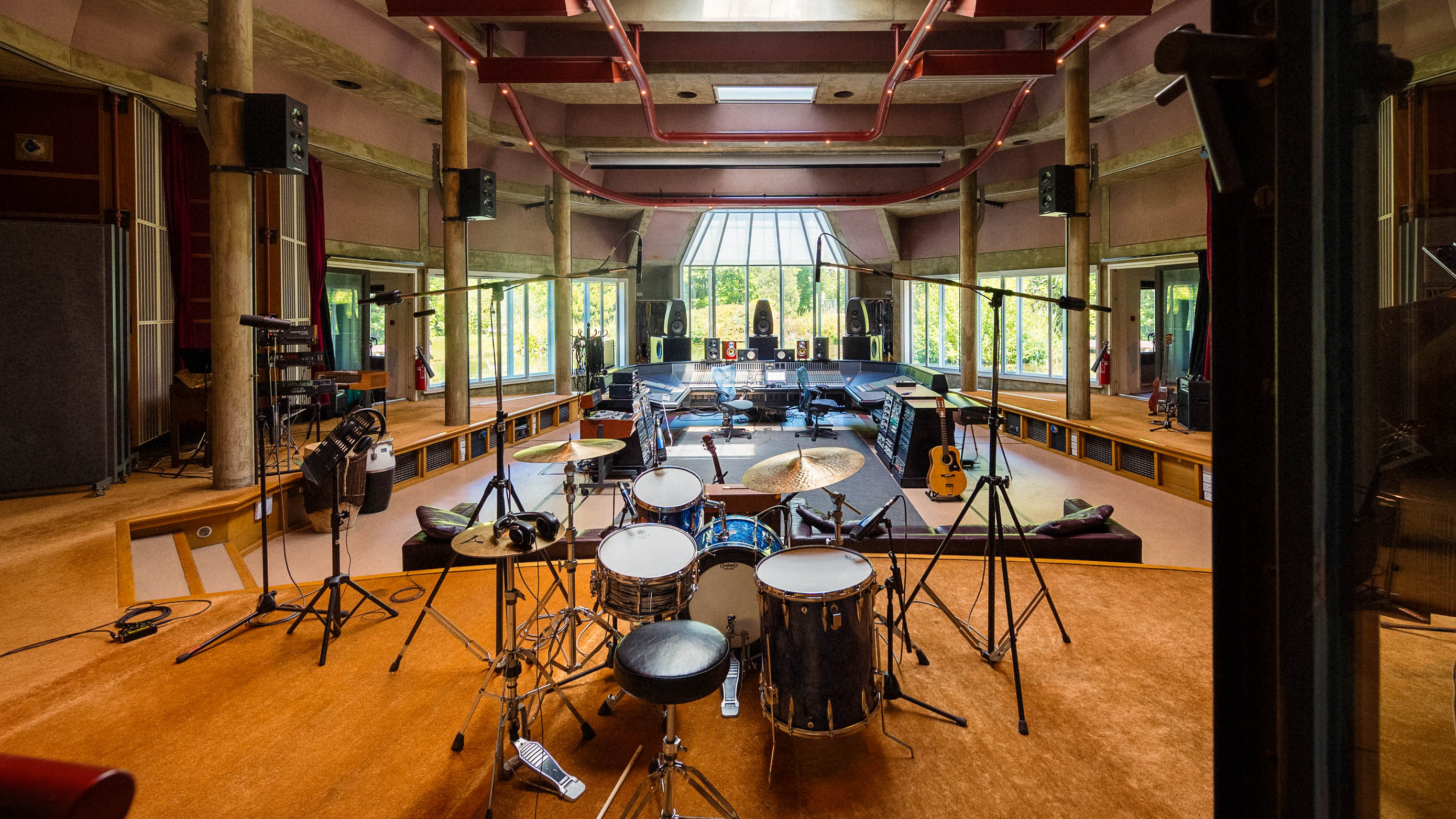
So is it worth it?
So there you go: consider an education, be flexible, be different, get a show-reel, and do it for the love of music (and tea), not the money. And don't be put off by hard work; the pluses of working in a studio far outweigh the cons…
“Every day is different,” says Tim Oliver. “Today I delivered a master for an album of Algerian band Sidi Bemol that I recorded and mixed. After that I did the final few tweaks on a couple of mixes on an album for French album Lo’Jo which I recorded in Real World’s Wood Room Studio.
"I then got on with my current main job mixing an album for an established rock artist that took me late into the evening. I just love that I’m working with great musicians every day, listening to their playing while I mix, and that I continue to learn new things every day.”
“We’ve had some great projects through the doors in the last year,” says Oli of his highlights. “There was Harry Styles, who is an incredible talent and lovely person, with a talented set of producers who I learned a lot from. I’ve got to mix records for some cool people including Paul Woolford and Madness.
"Recording Madness live with an orchestra and then mixing the album was a big highlight. The music is so iconic and I grew up listening to it never dreaming I’d work on it.”
Any final words of advice?
“I think the ‘write a 100-application letters rule’ will always apply,” says Oli. “Increase your odds as much as you can. However the most important thing is to keep an open mind and not let any opportunity pass you by. Even if you might think ‘that’s not exactly what I want to do’, the chances are you’ll still learn and develop as a person from it.
"Again, there are so few studio jobs that make sure you’re willing to expand your horizons – composer's assistants, working in film and TV, broadcast, live sound and working in project studios are all interesting and valid ways into the industry.”
Tim agrees: “For anyone with a talent, commitment and aptitude there are always going to be opportunities in the music business. It’s so diverse now and getting more so, and with that comes opportunity, particularly for the tech/internet savvy. But do it for the sake of music not money. After all, music makes you richer than money does!”


Andy has been writing about music production and technology for 30 years having started out on Music Technology magazine back in 1992. He has edited the magazines Future Music, Keyboard Review, MusicTech and Computer Music, which he helped launch back in 1998. He owns way too many synthesizers.
"There’s plenty for us guitarists to learn – and ‘less is more’ is the overriding lesson": how to play like George Harrison on The Beatles' Abbey Road
“How daring to have a long intro before he’s even singing. It’s like psychedelic Mozart”: With The Rose Of Laura Nyro, Elton John and Brandi Carlile are paying tribute to both a 'forgotten' songwriter and the lost art of the long song intro










